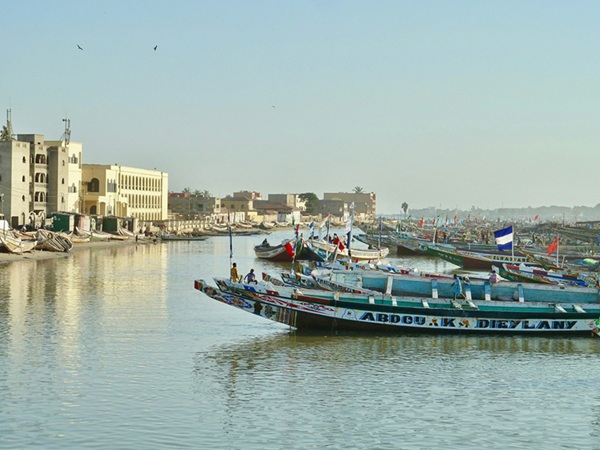
Vulnerability and resilience to exploitation and trafficking among people fleeing Ukraine
In Berlin, Bern and Warsaw
The large-scale displacement from Ukraine, following Russia’s full scale invasion on February 2022, has raised significant concerns about heightened risks of human trafficking and exploitation.
This report is part of a research project implemented in partnership with UNODC, and aims at better understanding risk factors for exploitation and trafficking in persons in the context of the journeys of both Ukrainians and non-Ukrainians fleeing Ukraine, covering the cities of Bern, Berlin and Warsaw.
“People who have fled the war in Ukraine have had traumatic experiences. They have difficult and uncertain prospects for the future and do not know whether they will return, when they will return and how long they will be able to stay. They don’t speak the language, and they don’t know their rights. Loss and trauma are all major factors that naturally increase the vulnerability of people from Ukraine. Compared to the general population, fleeing from Ukraine is a huge risk factor. Only in comparison to other people who are refugees can they be less vulnerable in certain respects.” Key Informant, Bern, March 2024
The study is based on desk research, quantitative data from 1,602 surveys collected with displaced Ukrainians and non-Ukrainians in 2023 and qualitative data from 57 key informant interviews (KII) conducted between 2023 and 2024. It also includes illustrative case studies.
Download the report in English
Key Highlights
In the research conducted across three cities, instances of potential forced labour and labour trafficking were reported at relatively low levels by survey respondents. However, there are specific situations where personal, situational, and contextual factors intersect to create potential increased risk of exploitation and trafficking for individuals fleeing Ukraine.
Factors of vulnerability
– Economic hardships and the need to support oneself and family members can increase the urgency for people displaced from Ukraine to find work quickly and can lead them to accept precarious working conditions
– Barriers like language skills, non-recognition of qualifications, and financial hardships can push refugees into low-skilled, often exploitative jobs
– Lack of knowledge about local labour laws and rights, exacerbated by lack of knowledge of the local language can increase vulnerability
– Dependence on employer-provided accommodation, dependence on and limited monitoring of private accommodation providers and in collective centres can increase exploitation risks.
– Bureaucratic hurdles and legal status challenges particularly affect non-Ukrainian Third Country Nationals (TCNs) and Ukrainian citizens of Roma ethnicity, making them potentially more vulnerable to exploitation and trafficking in informal work arrangements
– Growing negative perceptions of Ukrainians within host communities can lead to increased risks of exploitation as refugees feel less supported and more isolated
Factors of resilience
– The EU’s visa-free travel approach for Ukrainian citizens and temporary protection status enable refugees to travel legally and rapidly access work and social benefits, reducing their dependence on potentially exploitative coping mechanisms
– Social networks within the Ukrainian community can serve as a crucial factor of resilience, helping refugees navigate employment and housing options
– Large-scale anti-trafficking measures, particularly efforts to raise awareness, were adopted by national and local authorities, as well as civil society organizations, likely building resilience against exploitation
Building on the same quantitative and qualitative data UNODC will publish a complementary study in late 2024, on the scale and composition of displacement from Ukraine, incidence and indications of smuggling of migrants and of different forms of trafficking in persons, legal and policy measures. The study also includes in-depth case studies of individual refugees’ experiences.
Download

